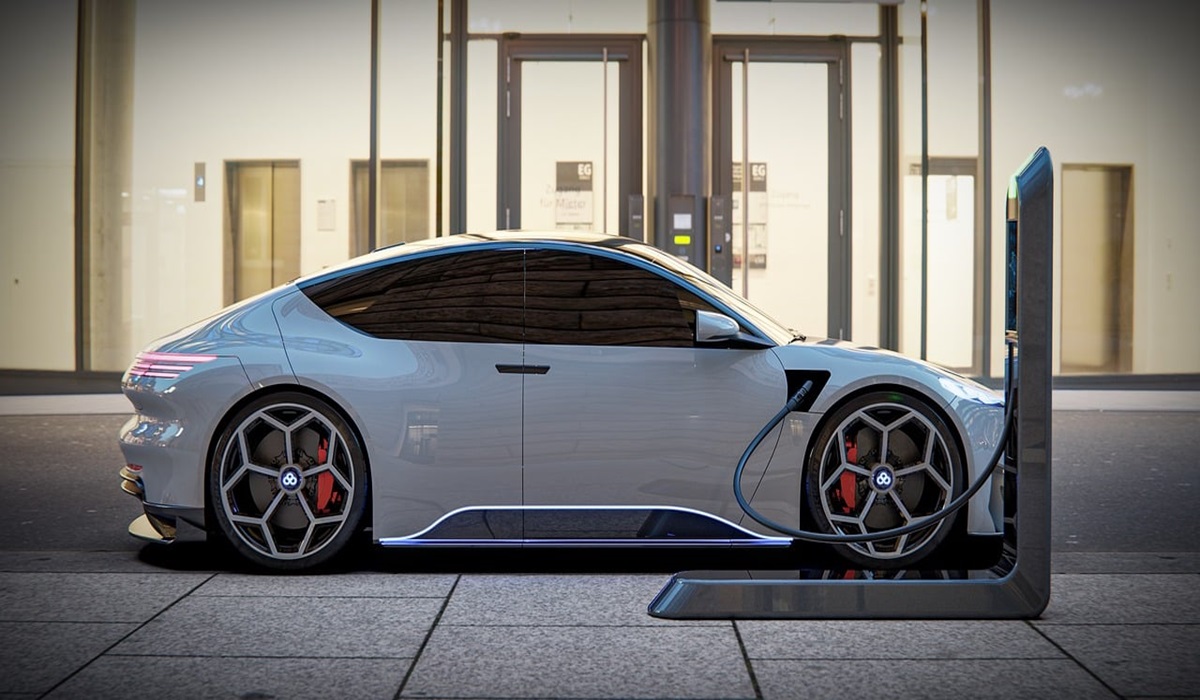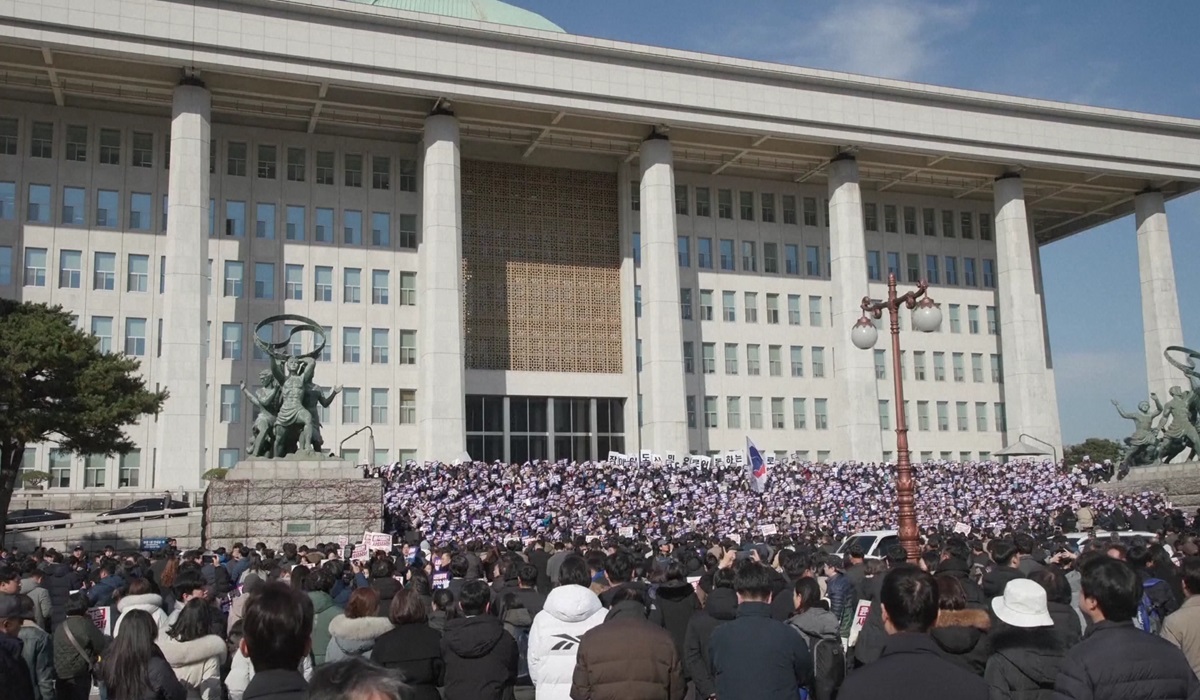Image credit, Lee Rosario
Washington, D.C. – In a move signaling escalating trade tensions, the United States has announced a 100% tariff on electric vehicles (EVs) imported from China. This significant increase, aimed at protecting American automotive industries, raises concerns over potential retaliatory measures from Beijing and the broader implications for the global EV market.
According to industry sources, imported Chinese EVs currently account for approximately 1-4.2% of the U.S. market. Despite this relatively small market share, the U.S. administration justifies the tariff hike as necessary to counter what it describes as “unfair competition” due to extensive subsidies and non-market practices by the Chinese government. U.S. officials argue that these practices have led to a 70% increase in Chinese EV exports from 2022 to 2023, potentially undermining investments in other regions.
The Chinese government has strongly condemned the new tariffs. Wang Wenbin, a spokesperson for the Chinese Foreign Ministry, emphasized that China would “safeguard its legitimate rights,” hinting at possible retaliatory actions. This raises questions about the future of American companies operating in China, particularly Tesla, which has significant manufacturing operations there. Potential Chinese tariffs on Tesla’s vehicles or on crucial components for EV production could disrupt the supply chain and affect the U.S. EV market.
Critics of the tariff increase argue that it is a form of protectionism that might not yield the intended benefits. They point out that the U.S. government itself has provided substantial subsidies to its automotive industry. For example, Tesla, a leading American EV manufacturer and Musk’s lead companies have been reported to have benefitted from approximately $4.9 billion in U.S. subsidies. This, critics say, undermines the argument against Chinese subsidies and highlights a double standard in the application of trade policies.
Moreover, critics emphasize that the role of government is to subsidize and implement measures to ensure their companies succeed domestically. It is not unusual for a country to support its own industries, and it is argued that the U.S. auto industry has been subsidized to the tune of hundreds of billions of dollars in economic bailouts. Thus, one country criticizing another for doing the same is seen as contradictory. Government intervention to help corporations prosper is a fundamental aspect of national economic policy.
Furthermore, there is concern that the tariff escalation could lead to a broader trade war with China. Previous attempts by the U.S. to sanction Chinese industries, such as those involving semiconductors, have not produced the desired outcomes. Instead, they have led to increased costs for American consumers and strained international relations.
As the Biden administration navigates this complex issue, the global EV market watches closely. Chinese companies like BYD and Xiaomi are expanding their presence in other regions, including Europe, the Middle East, Africa, and Russia, potentially reducing their dependence on the U.S. market. Meanwhile, American automakers and consumers may face higher costs and limited choices if the trade tensions continue to escalate.
While the 100% tariff on Chinese EVs aims to protect U.S. industries, it also risks sparking retaliatory measures from China and complicating the global EV market. The effectiveness of this strategy remains to be seen, as both nations grapple with the broader implications of their economic policies.









